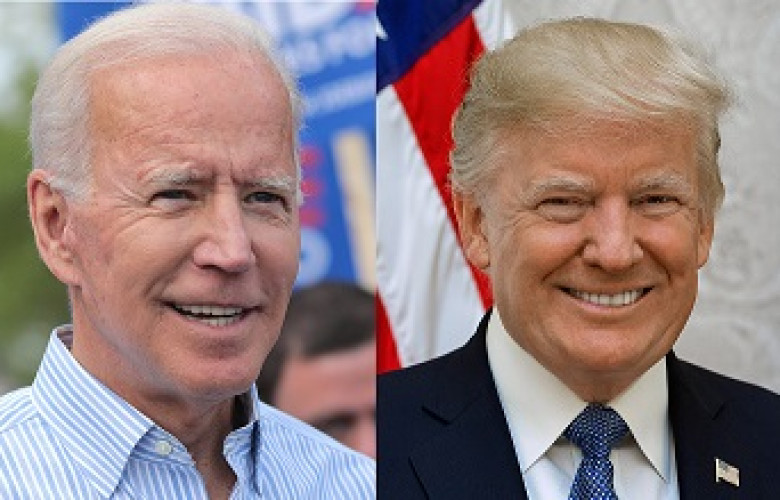So, Trump took out the debate. What if Biden wins the election?
Daniel Flitton, Managing Editor, The Interpretor
2024-06-28
AMERICA
GEOPOLITICS
This article first appeared on The Interpreter, published by the Lowy Institute

Look, the debate rose the level expected.
Trump: Let’s not act like children …
Biden: You are a child …
Trump: He is the worst president – he just said it about me because I said it…
Biden: 159 presidential scholars voted him the worst president in the history of the United States of America.
But there was a painful captivation to watching the exchange. Mud thrown. Jabs with rehashed themes. Rambling by both men.
The winner? Biden lost. On the personal energy scorecard, Biden looked drained. His voice was scratchy and at times he trailed off. Moreover, Trump constantly dragged his opponent onto favoured turf. He goaded Biden into addressing the kind of grievances that animates MAGA supporters. Claims of “rapists” flooding across the border, an economy supposedly in ruins, or complaints that no one respects American power globally anymore.
The prospect of Trump 2.0 has dominated most of the commentary of recent times, especially in the realm of foreign policy. The outcome of this debate and the sense that Trump is leading the race will supercharge speculation about where Trump might steer America, and how other countries, including Australia, should respond.
But what if Biden wins? That prospect has received far less attention.
And this is not the issue of whether Trump will accept the result – a question he again dodged in the debate. (“If it’s a fair and legal and good election, absolutely”, Trump eventually conceded after being asked three times, while in the next breath complaining about “fraud” in the 2020 election he lost.)
The bigger question is whether Biden would serve out four more years in the White House, given he’d be 86 at the end of a second term. Biden was asked directly by the moderator about handling a tough job well into his 80s, responding with a remark he’s deployed previously – “I was the second-youngest person ever elected to the United States Senate. Now, I’m the oldest. This guy [Trump] is three years younger and a lot less competent.”
It’s a line that reads a lot sharper than it was delivered. Watching live, the antiseptic setting on the stage, without an audience to offer a spontaneous reaction, did Biden no favours. He looked frail.
Commentator Ezra Klein has previously urged Biden to step aside with an important distinction: not because he is too old to be president, but because he is too old to run for president. As Klein put it in February, “This distinction between the job of the presidency and the job of running for the presidency keeps getting muddied, including by Biden himself.”
“Can Biden do the job of president?” Klein asked. “That is not the question of the 2024 campaign. The insistence that Biden is capable of being president is being used to shut down discussion of whether he’s capable of running for president.”
That question will now be asked more. Within minutes of the debate ending, talk had started about Biden potentially dropping out, along with speculation about the other Democrats who might become candidates.
Instead, assume for a moment that Biden does run, win, and return to the Oval Office.
He’s already almost a decade older than the life expectancy of the average American male. Should he decide to retire or die in office, Kamala Harris, presuming that she is his vice-president, takes over. What would that mean for US diplomacy?
One remarkable fact about Biden White House, noted in an article by Julia Ioffe this month, is the loyalty of his national security team. No one has quit, not the National Security Adviser, or Secretary of State, or Defence or other principals that shape America’s approach to the world. This over a time when global crises have been relentless, “both a marathon and a sprint” as Ioffe put it, with Afghanistan, Ukraine, Israel-Gaza, Taiwan, China balloons and clashes at sea. This stability of personnel is the best indication of a continuity of approach and a stark contrast with the revolving door in senior jobs during the Trump years.
Trump sought to turn this into a weakness. “He doesn’t fire people,” he said of Biden. “I’ve never seen him fire anybody. I did fire a lot.” As Trump put it, “drained the swamp”.
“Did you fire anybody that allowed our country to be destroyed? Joe?”
And that moment in the debate best captures the consequences that will follow internationally in November after Americans make their choice.
Membership
NZIIA membership is open to anyone interested in understanding the importance of global affairs to the political and economic well-being of New Zealand.